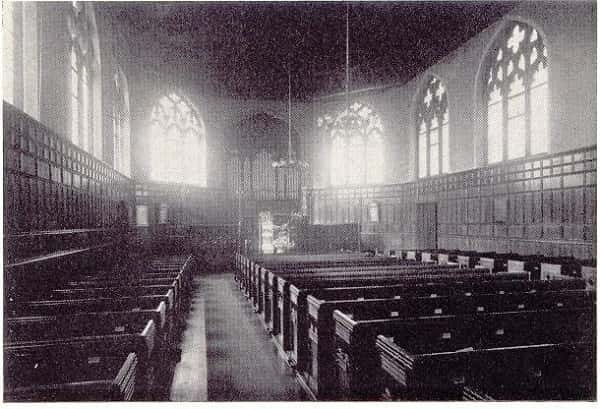 This series of columns is titled: “The History of the Christian Church.”
This series of columns is titled: “The History of the Christian Church.”
That’s not to say “the history of Christianity,” which would be a very different thing, or even “the history of [any particular] Christian Church.”
It’s a look at what’s generally accepted as the “catholic” Church: that part of Christianity that believes pretty much the same things about the same Spirits and people who have lived and worshipped pretty much the same, for the past two thousand years. It need not have been so.
We might have included Gnostic Christianity, for example. Gnostics believed fervently in Jesus Christ and His salvatory mission, but they believed an entirely different set of things concerning God, heaven, hell, and so forth, than we do. Were they Christians? Undoubtedly. But, they weren’t “catholic”. “Catholic”, by the way, is generally translated as “universal”, but that’s not right, really.
It’s the English way of saying two koine Greek words, “kata” and “olikos”. The spellings are not exact. But, anyway, the Greek meant something much like “throughout the whole”. Think of a bowl of kneaded dough: instead of discrete flour, water and yeast, once it’s kneaded together, it’s a whole different substance: dough. That’s what the Church is, in our tradition: a whole new thing.
Not Greek or Roman or Jew or white or black, or anything, except Christian. If we believe that, then we’re Catholic. Gnostics did not believe that, nor did Arians or Montanists or Docetists or any of the other sects and cults that called themselves Christians in the early Centuries of the Church. We’re writing and thinking about the ones who did.
Wait a minute! One can almost hear the protests coming from all over readerdom! “ I’m a Presbyterian, not a Catholic”! Or, “Don’t try to call me a Catholic; I’m a Baptist”. Or, “We’re Methodists, not Catholics”. And, so forth. Okay; no argument. But go back and read the definition, again. No one’s accusing you of being a member of the Roman Catholic Church.
Or even the Greek Orthodox Church, or Anglican Catholic Church, or any other body that includes the word “catholic” in its name. There’s a difference. For that matter, the patriarch (pope, if you will) of the Armenian Church (which is older than the Greek and may be older than the Roman Churches) holds the title of “Catholicos”. Confusing? Of course! Why else would we be writing about it?
But, this column is about the Church, not about names people call themselves. The subject is the Church that can (whether it does or not) confess the Apostles Creed, the Nicene Creed and the Athanasian Creed.
If you believe in one God, the maker of heaven and earth, in His only son, Jesus Christ, who was born of the virgin Mary, suffered and died by crucifixion under Pontius Pilate, was buried but rose after three days and ascended into Heaven, and in the Holy Spirit, who spoke through the prophets and apostles, and who speaks to us today, and if you believe that the Word of God is embodied in the Holy Bible, then you’re catholic enough to be included in this series.
